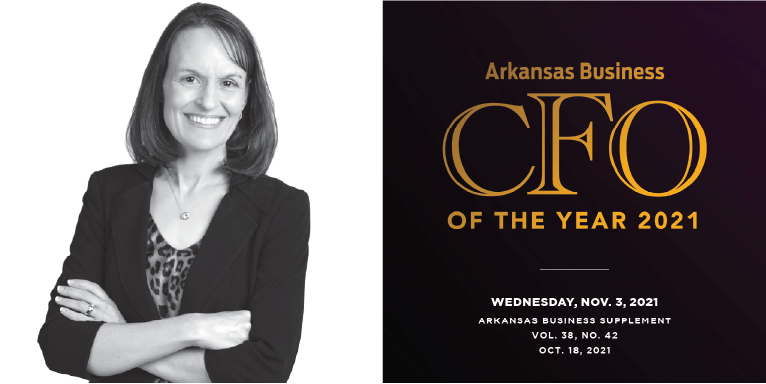 Joshua Adesina
Joshua Adesina
Majoring in Finance & minoring in Data Analytics
Expected Graduation: 05/2022
Involved in: Accounting club, African Students Association, Team Global
What drew you to business? When and how did you know that an education in business is the right fit for you?
I will say I was drawn to this role because of a couple of factors, one of which is growing up with people in the business industry. My parents are in accounting & finance, so that environment made finance not as hard for me. I also have always enjoyed understanding financial concepts and analyzing business processes, especially looking at the big picture of services a company provides to bring in more revenue. Knowing how business processes are done is important, but what is more important is knowing why the business processes are done that way. And given the way I think about money, I didn’t second guess getting a financial analyst role. I had to improve on a couple of things to get the position, and it has been worth it so far. The plan is to hopefully get a consulting role later in the future to help improve the services companies provide. The minor improved my technical computer skills making me proficient in software and programs job seekers are now after.
What have you found useful in the College of Business and why? [Read more…]



 FBLA is a national vocational student organization for students in high schools and middle schools who are interested in business or business education careers. Students from across District V will enjoy competitive events, interest sessions, as well as officer elections. District V covers
FBLA is a national vocational student organization for students in high schools and middle schools who are interested in business or business education careers. Students from across District V will enjoy competitive events, interest sessions, as well as officer elections. District V covers 




 The annual Student & Faculty Mixer yesterday hosted approximately 72 Biz@Bear Residential College students and 24 College of Business (COB) faculty members for an evening of connection. The event provided students the opportunity to meet faculty members and further explore each of the majors within the College of Business.
The annual Student & Faculty Mixer yesterday hosted approximately 72 Biz@Bear Residential College students and 24 College of Business (COB) faculty members for an evening of connection. The event provided students the opportunity to meet faculty members and further explore each of the majors within the College of Business.  Students networked with faculty, played Bingo and outdoor yard games, and enjoyed Bar-B-Que with all the fixins. The Mixer was also a good opportunity to announce Anna Turgaeva as the winner of a $200 book scholarship for the spring 2022 semester, sponsored by
Students networked with faculty, played Bingo and outdoor yard games, and enjoyed Bar-B-Que with all the fixins. The Mixer was also a good opportunity to announce Anna Turgaeva as the winner of a $200 book scholarship for the spring 2022 semester, sponsored by